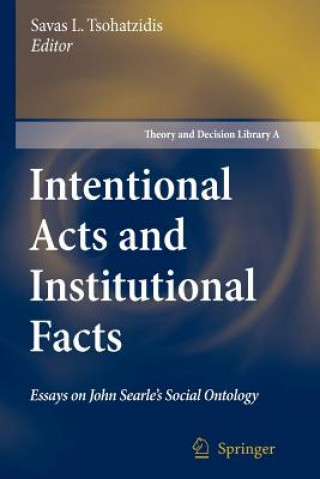
Code: 01975689
Intentional Acts and Institutional Facts
by Savas L. Tsohatzidis
This book includes ten original essays that critically examine central themes of John Searle s ontology of society, as well as a new essay by Searle that summarizes and further develops his work in that area. The critical essays a ... more
- Language:
 English
English - Binding: Paperback
- Number of pages: 226
Publisher: Springer, 2010
- More about this

122.71 €

Low in stock at our supplier
Shipping in 10 - 15 days
Potřebujete více kusů?Máte-li zájem o více kusů, prověřte, prosím, nejprve dostupnost titulu na naši zákaznické podpoře.
Add to wishlist
You might also like
-

African Cultural Astronomy
243.69 € -

I Hope You Stay
13.27 € -23 % -

JESSIE CAMERON: A HIGHLAND STORY
36.16 € -

Vegetarian Viet Nam
32.89 € -9 % -

Darksoul
16.13 € -15 % -

Mobile Suit Gundam Thunderbolt, Vol. 8
10.41 € -28 % -

Genius LEGO Inventions with Bricks You Already Have
17.05 € -23 % -

Alien: The Cold Forge
8.78 € -16 % -

Sushi Modoki
18.08 € -11 % -

More Myself
37.08 € -13 % -

Thirteenth Tale
10.11 € -22 % -

Gordon Ramsay's Healthy, Lean & Fit: Mouthwatering Recipes to Fuel You for Life
25.64 € -23 % -

Science of Running
15.93 € -28 % -

Cuphead Volume 1: Comic Capers & Curios
10.82 € -13 % -

Traditional Manga Tarot
21.24 € -18 % -

Coming to America: How to Apply for and Study in U.S. Universities and Colleges
7.55 € -1 % -

Great Expectations
8.68 € -33 % -

Going Greek
11.74 € -

Pilates
29.21 € -19 % -

Malice
9.49 € -29 % -

Heaven
10.11 € -6 % -

Essential Practical Prescribing
72.54 € -

Grandmother Elsie
25.13 € -

Second Book of Bridge Problems
15.01 € -13 % -

Federal Trade Commission since 1970
65.79 € -

European financial regulation and supervision and the onslaught of the financial crisis
39.84 € -1 % -

Painting Perspective, Depth & Distance in Watercolour
15.42 € -28 % -

Assessing Quality in European Educational Research
62.22 € -
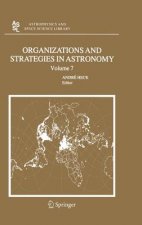
Organizations and Strategies in Astronomy 7
243.69 € -

That's My Hat!
15.42 € -28 % -
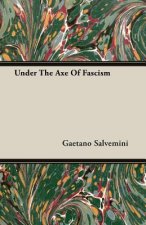
Under The Axe Of Fascism
38.31 € -

Judaeo Arabic Studies
180.75 € -
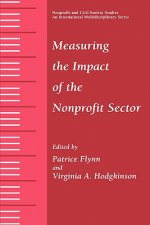
Measuring the Impact of the Nonprofit Sector
188.72 € -

Dorohedoro, Vol. 10
11.13 € -23 % -

Biochemie, 1
62.01 € -2 % -
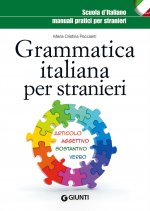
Grammatica italiana per stranieri
15.21 € -

Paris und der Eiffelturm im Werk von Guy de Maupassant
46.07 € -1 % -

Hajzlík na divoko
6.84 € -31 % -

Zum Kuckuck
14.30 € -10 % -

Finn tobt!
13.07 € -9 % -

Der börsenmäßige Zeithandel in Getreide und Erzeugnissen der Getreidemüllerei
23.29 € -9 % -
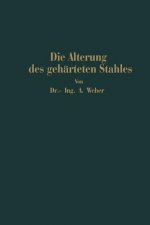
Die Naturliche Und Kunstliche Alterung Des Geharteten Stahles
67.74 €
Give this book as a present today
- Order book and choose Gift Order.
- We will send you book gift voucher at once. You can give it out to anyone.
- Book will be send to donee, nothing more to care about.
More about Intentional Acts and Institutional Facts
You get 304 loyalty points
 Book synopsis
Book synopsis
This book includes ten original essays that critically examine central themes of John Searle s ontology of society, as well as a new essay by Searle that summarizes and further develops his work in that area. The critical essays are grouped into three parts. Part I (Aspects of Collective Intentionality) examines the account of collective intention and action underlying Searle s analysis of social and institutional facts, with special emphasis on how that account relates to the dispute between individualism and anti-individualism in the analysis of social behaviour, and to the opposition between internalism and externalism in the analysis of intentionality. Part II (From Intentions to Institutions: Development and Evolution) scrutinizes the ontogenetic and phylogenetic credentials of Searle s view that, unlike other kinds of social facts, institutional facts are uniquely human, and develops original suggestions concerning their place in human evolution and development. Part III (Aspects of Institutional Reality) focuses on Searle s claim that institutional facts owe their existence to the collective acceptance of constitutive rules whose effect is the creation of deontic powers, and examines central issues relevant to its assessment (among others, the status of the distinction between regulative and constitutive rules, the significance of the distinction between brute and deontic powers, and the issue of the logical derivability of normative from descriptive propositions, and the import of the difference between moral and non-moral normative principles). Written by an international team of philosophers and social scientists, the essays aim to contribute to a deeper understanding of Searle s work on the ontology of society, and to suggest new approaches to fundamental questions in that research area.Ten original essays examine the central themes of John Searle s ontology of society. Written by an international team of philosophers and social scientists, the essays contribute to a deeper understanding of Searle s work. Moreover, these essays open the door to new approaches to addressing fundamental questions about social phenomena. This book also features a new essay by Searle himself that summarizes and further develops his work.This book includes ten original essays that critically examine central themes of John Searle s ontology of society, as well as a new essay by Searle that summarizes and further develops his work in that area. The critical essays are grouped into three parts. Part I (Aspects of Collective Intentionality) examines the account of collective intention and action underlying Searle s analysis of social and institutional facts, with special emphasis on how that account relates to the dispute between individualism and anti-individualism in the analysis of social behaviour, and to the opposition between internalism and externalism in the analysis of intentionality. Part II (From Intentions to Institutions: Development and Evolution) scrutinizes the ontogenetic and phylogenetic credentials of Searle s view that, unlike other kinds of social facts, institutional facts are uniquely human, and develops original suggestions concerning their place in human evolution and development. Part III (Aspects of Institutional Reality) focuses on Searle s claim that institutional facts owe their existence to the collective acceptance of constitutive rules whose effect is the creation of deontic powers, and examines central issues relevant to its assessment (among others, the status of the distinction between regulative and constitutive rules, the significance of the distinction between brute and deontic powers, the issue of the logical derivability of normative from descriptive propositions, and the import of the difference between moral and non-moral normative principles). Written by an international team of philosophers and social scientists, the essays aim to contribute to a deeper understanding of Searle s work on the ontology of society, and to suggest new approaches to fundamental questions in that research area.
 Book details
Book details
Book category Books in English Language linguistics Philosophy of language
122.71 €
- Full title: Intentional Acts and Institutional Facts
- Subtitle: Essays on John Searle s Social Ontology
- Author: Savas L. Tsohatzidis
- Language:
 English
English - Binding: Paperback
- Number of pages: 226
- EAN: 9789048175376
- ISBN: 9048175372
- ID: 01975689
- Publisher: Springer
- Weight: 361 g
- Dimensions: 235 × 155 × 17 mm
- Date of publishing: 25. November 2010
Trending among others
-

Rosicrucian Manual
14.60 € -
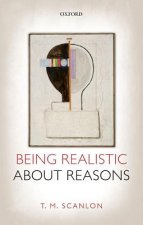
Being Realistic about Reasons
30.03 € -

Language Instinct
14.40 € -23 % -

Essential Chomsky
21.96 € -23 % -

Practice Makes Perfect English Articles and Determiners Up Close
13.17 € -19 % -

Making the Social World
11.43 € -28 % -
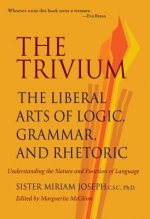
Trivium
19.81 € -2 % -

Image Music Text
12.35 € -15 % -
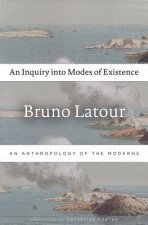
Inquiry into Modes of Existence
34.53 € -9 % -

Constructing the World
83.47 € -5 % -

How Language Works
13.48 € -28 % -

Construction of Social Reality
13.48 € -28 % -

What Kind of Creatures Are We?
14.30 € -12 % -
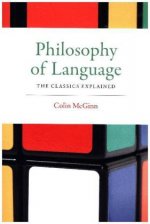
Philosophy of Language
37.69 € -17 % -

Making It Explicit
55.27 € -5 % -

Introduction to Cognitive Linguistics
85.62 € -

Language Hoax
14.40 € -16 % -
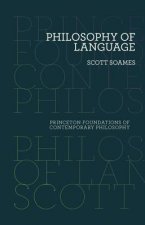
Philosophy of Language
25.23 € -7 % -

More than Cool Reason
32.99 € -

Practice Makes Perfect English Pronouns and Prepositions, Second Edition
15.62 € -14 % -

Semiotics and the Philosophy of Language
24.92 € -1 % -
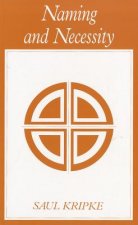
Naming and Necessity
26.35 € -28 % -

Latin
32.07 € -
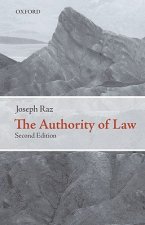
Authority of Law
55.07 € -

Process Philosophy of Signs
32.89 € -

Ascent of Babel
92.87 € -
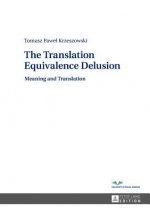
Translation Equivalence Delusion
101.97 € -

Theories of Lexical Semantics
63.95 € -
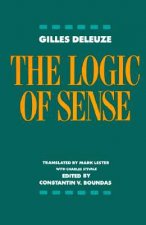
Logic of Sense
22.78 € -19 % -

Philosophy of Language
56.60 € -

How to Do Things with Words
56.60 € -

Inferentialism
155.71 € -

Critical Introduction to the Philosophy of Language
59.87 € -

From Hand to Mouth
44.03 € -
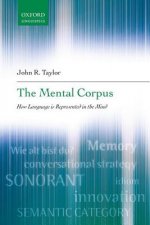
Mental Corpus
58.74 € -
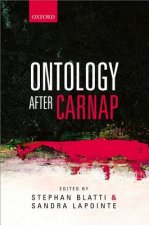
Ontology after Carnap
111.67 € -

Philosophy of Poetry
112.29 € -

Practice Makes Perfect English Verb Tenses Up Close
18.08 € -15 % -

Language Animal
35.45 € -2 % -
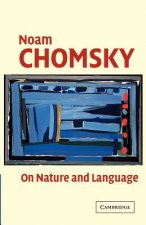
On Nature and Language
55.07 € -
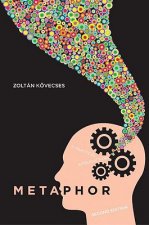
Metaphor
49.65 € -
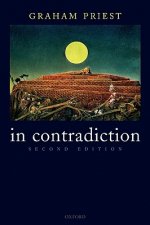
In Contradiction
83.57 € -
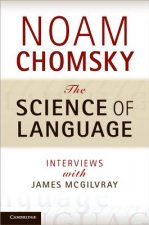
Science of Language
33.71 € -
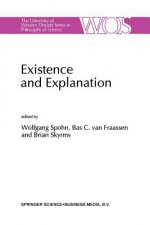
Existence and Explanation
188.72 € -
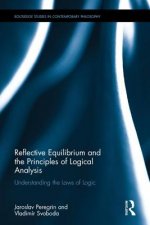
Reflective Equilibrium and the Principles of Logical Analysis
225.50 € -
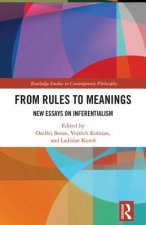
From Rules to Meanings
214.36 € -

Literary Mind
27.48 € -

What Kind of Creatures Are We?
21.24 € -4 % -

Language Experience and Early Language Development
218.76 €
Collection points Bratislava a 2642 dalších
Copyright ©2008-24 najlacnejsie-knihy.sk All rights reservedPrivacyCookies


 15549 collection points
15549 collection points Delivery 2.99 €
Delivery 2.99 € 02/210 210 99 (8-15.30h)
02/210 210 99 (8-15.30h)